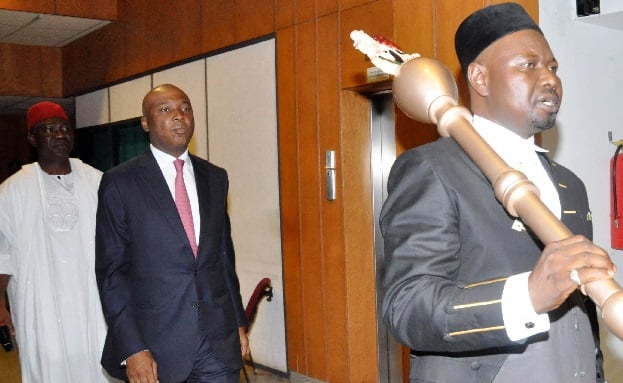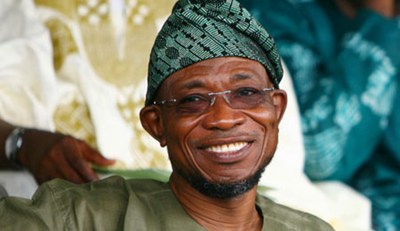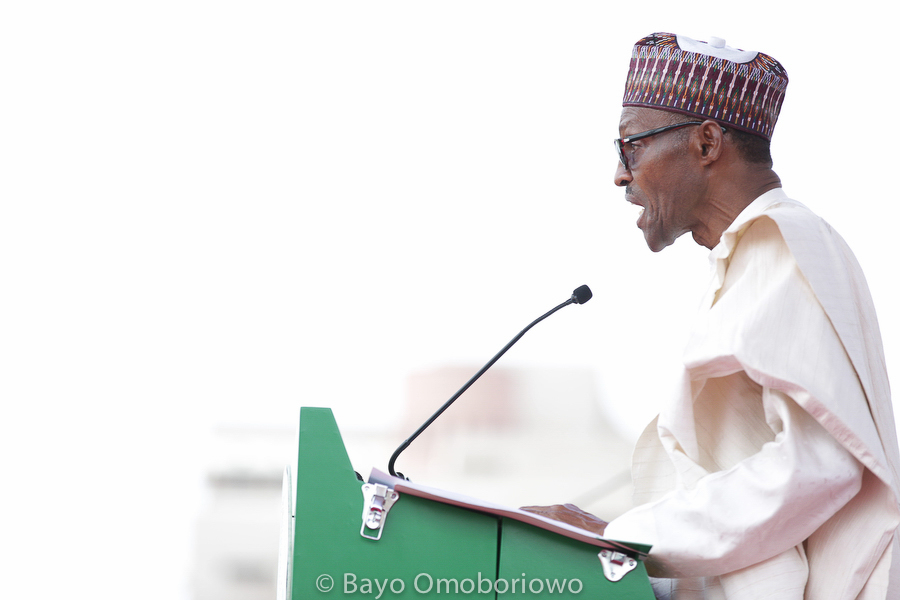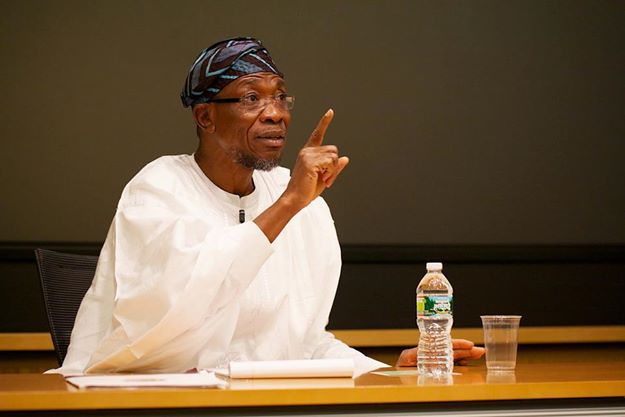By LINCOLN MALI
As we remember the 52nd Africa Day commemorated on May 25, we need to individually and collectively work towards the elusive, yet highly desirable idea of our African Unity. This was the dream and purpose of the founders of the Organisation of African Unity (OAU) in Addis Ababa, Ethiopia. As we reflect on our past, consider our present and ponder our future, it is instructive to heed the call of one of the founders of the OAU, the late President Julius Nyerere, and the first President of Tanzania: My generation led Africa to political freedom. The current generation of leaders and peoples of Africa must pick up the flickering torch of African freedom, refuel it with their enthusiasm and determination, and carry it forward”
The best way to celebrate this important day is to commit ourselves as individuals, families, communities, institutions and countries to a few key steps to give effect to Africa’s freedom and unity.
- Let us promote the Africa Story
In the past, people only knew Africa as a continent of wars, famine, disease and coups. In 2000, The Economist, in one of its most infamous headlines, labelled Africa the “Hopeless Continent”, condemning us to a bleak future of misery and under-development.
As Africans, refusing to be written-off, a lot happened after 2000 – so much, in fact, The Economist dramatically changed its tune, proclaiming “Africa Rising”. In 2015, sub-Saharan Africa’s GDP is expected to grow 4.5%, making it the fastest growing economic zone in the world. When considering the longer term, continued steady growth in Africa will result in an economic bloc with global impact over the next two decades. Although this is impressive, we must remember and always caution that this growth, though impressive, is still from a low base, but more importantly, GDP growth alone is not enough to see our Continent rise; such growth must be accompanied by long-term economic transformation.
Advertisement
We must capitalise on our assets and promote a coherent and consistent story as Asia and Europe and other continents are doing. The following are some key assets and strengths:
- We are blessed with large quantities of natural resources, which have been behind much of the economic growth that we’ve witnessed over the last 10 years. The strategic management of these resources, the sound exploiting of beneficiating opportunities and the leveraging of these resources in our relationships with India and China must give Africa an advantage.
- As a Continent, we have a lot of arable land that is not being used. This is a very important asset in a world faced by food security considerations. We need the best brains on the continent to tackle some obvious obstacles such as the proper utilisation of our land, improve irrigation, introduce modern methods of farming and promote the development of the necessary infrastructure that will ensure our produce reaches the markets. In addition to the above, we need to be more forward thinking about subsidies, protection of farmers, security on the farms and rural development.
- In a world seeking alternative energy sources, we are blessed with access to a number of renewable energy sources within Africa. We currently have enormous hydroelectric possibilities along the river Congo. This could power up so much of our Continent. Others have pointed out to the massive opportunity to put up solar panels in the Sahara desert, which is virtually unoccupied and could produce so much energy that it could even be exported to Europe. These opportunities could potentially boost our continents economy. However, they need massive long-term investments, which depend on stability, security and the rule of law.
- The potential use of the water that surrounds the continent – the Mediterranean Sea, the Indian Ocean and the Atlantic are also opportunities that require, in equal measure, ingenuity, leadership, and huge investments.
- Another asset is our young population. We don’t have an aging population resulting in fewer workers and an increasing number of older people like in Europe and Japan. We have this workforce, however the challenge is that they need proper education and to develop skills, as well as job opportunities. Without this, they will become a threat to the stability of the continent.
- The image of Africa can be better enhanced through the promotion of tourism. So many Africans, who can travel, do not travel within their countries or within the Continent. We need to promote tourism to see the Masai Mara in Kenya, the Grand Mosque in Djenne, Mali, the Sossusvlei Dunes in Namibia, the Victoria Falls in Zimbabwe/Zambia, Mount Kilimanjaro in Tanzania, the Marrakech in Morocco, Bazaruto Archipelago in Mozambique, Kruger National Park in South Africa, Lake Malawi, Victoria Lake in Uganda, the Sphinx in Egypt, the Nile River also in Egypt and Zanzibar in Tanzania.
These are great assets, wonderful opportunities, and building blocks for the future, but they need leadership from all sectors to take advantage of them. On this day, I hope all of us, in positions of influence, power or responsibility, will do everything to realise these opportunities:
- Take urgent and active steps to diversify our economies and reduce our over reliance on commodities
- Invest in appropriate education and training that responds to the demands of the modern economy and modern society
- Promote intra-African trade and integrate our economies
- Invest in infrastructure to drive economic development
- Improve the execution of the policies; and
- Ensure that crime and corruption are not allowed to derail economic development.
- Let us promote unity among Africans
In one of his most profound speeches, President Julius Nyerere made a remarkable confession and a passionate plea: “My remaining remarks have a confession and a plea. The confession is that we of the first generation leaders of independent Africa have not pursued the objective of African unity with vigour, commitment and [the] sincerity that it deserved. Yet that does not mean that unity is now irrelevant. Does the experience of the last three or four decades of Africa’s independence dispel the need for African unity?”
Advertisement
This torch was ably carried by President Mbeki whose call for African unity, renewal and development resonated throughout the continent. Unlike the approach of the late President Nkrumah, who sought to drive the unity at Continental level, President Mbeki’s approach has been to try to integrate the countries at a regional level and then expand to the continental level. President Mbeki has been adamant that such unity cannot be driven from above, and he has helped create a number of institutional mechanisms to bolster such continental unity. In his words, “There’s no way that any African country can achieve success standing on its own. It would require you to work with your neighbour, because whatever happens in one country impacts the other. It’s a matter of necessity to work toward this unity, because we share this common destiny.”
This echoes the comments made by President Nyerere, “Together, we, the peoples of Africa will be incomparably stronger internationally than we are now with our multiplicity of unviable states. The needs of our separate countries can be, and are being, ignored by the rich and powerful. The result is that Africa is marginalized when international decisions affecting our vital interests are made.”
Presidents Wade, Obasanjo and Mbeki laid a sound framework for African unity, development and progress with the founding of the African Union, the establishment of its institutions and the frameworks created to deal with the G7; G20; Europe, Asia, China, India and the United States as a common block.
Unfortunately, vested interests, as identified by President Nyerere, are starting to set us back. These negative steps are manifested in the following worrying developments:
Advertisement
- A huge increase in conflicts fuelled by religion and fanaticism
- A return to conflicts driven by tribalism and ethnicism
- A fight to the death for resources among the poor which start to divide people on the basis of language, culture and nationhood
- The emergence of new movements that seek to further divide countries and communities fuelled by self-interests
- Conflict among African countries about borders, resources such as rivers and lakes, etc.
We require leaders who can see beyond the immediate gains of today, we need others who can have the vision of Nkrumah, Nyerere and Mbeki who can see the bright future of Africa through the mist of poverty, conflict and under-development. It is our time to lead, it is out time to sacrifice for the unity of Africans. In practical steps, this requires us to:
- Reject divisions based on tribalism and ethnicity
- Refuse to be divided on the basis of culture and religion
- Actively promote trade, the movements of good and people to promote fraternity and peace
- Encourage our governments to present Africa as a united force
- Reject all forms of intolerance, bigotry, racism, ethnicity and
- Condemn all forms of xenophobia.
I leave the last word to great teacher, (Mwalimu) Julius Kambarage Nyerere, who said: “The future of Africa, the modernization of Africa that has a place in the 21st century, is linked with its decolonization and detribalization. Tribal atavism would be giving up any hope for Africa. And of all the sins that Africa can commit, the sin of despair would be the most unforgivable.”
Conclusion
I wish all Africans the best on this day, our day, Africa Day. We celebrate not because we have reached our destination, we observe this day not because we have realised all our objectives nor because we have reached our goal. We do so to remind ourselves how far we have come, we allow ourselves a brief moment to state in admiration of those who came before us, they deserve that and more. More importantly, we observe this day to commit ourselves to the battles ahead.
Advertisement
As Africans, we know we cannot fully be free and independent,
- While many still suffer daily through poverty and under-development,
- While so much infrastructure is needed to make life better for our people and their trade,
- When our resources and commodities are not being fully utilised to develop our economies,
- When diseases that can be overcome still ravage our populations.
We celebrate because we are unbowed, because we have our destiny in our own hands. The road ahead may be intimidating, the task daunting and the obstacles formidable, but we have seen worse and have been through more. Those that came before us faced slavery, colonialism, imperialism and Apartheid; they overcame so that we can celebrate this day. We owe it to those who dreamt of a better tomorrow, to realise their dreams
Advertisement
Let us rejoice today, sound the African drums, dazzle with our rich colours, mesmerise with our dances, bring a smile of admiration with our rhythm and dance towards a better tomorrow for our children.
Rise Africa, Rise!!!
Advertisement
Lincoln Mali is the Head of Personal and Business Banking (West Africa), Standard Bank
Advertisement
Views expressed by contributors are strictly personal and not of TheCable.




